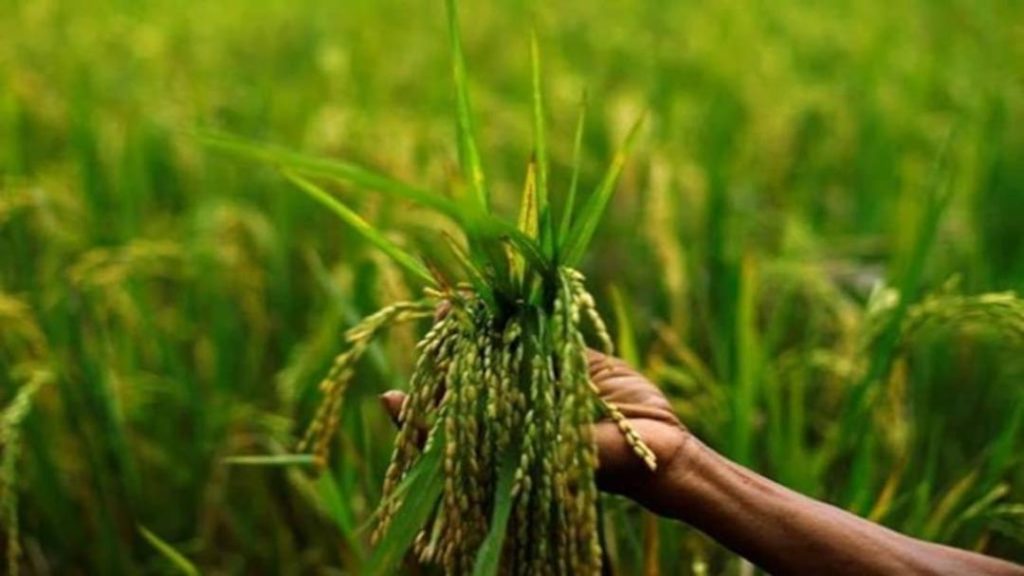
Title: India cutting Chenab’s supply will increase water shortage & impact crops, accepts Pakistan
The Indus River System Authority (IRSA) in Pakistan has acknowledged that if India were to cut the flow of the Chenab River, it would lead to increased water shortages across the country. The IRSA also warned that this move would have a significant impact on the upcoming kharif crops, which are already expected to face a shortage of 21% for the remaining early kharif season. According to IRSA, the water shortage in the late kharif season is estimated to be around 7%.
The Chenab River is one of the six rivers that form the Indus River System, which is the main source of water for Pakistan. The Indus Waters Treaty, signed between India and Pakistan in 1960, governs the sharing of the water resources of the Indus River System. However, in recent years, tensions have risen between the two countries over the implementation of the treaty, with Pakistan accusing India of violating its provisions.
The latest development comes after India’s decision to suspend the Indus Waters Treaty in December 2020, citing the treaty’s inability to address concerns over terrorism and cross-border infiltration. Pakistan has strongly protested India’s move, with the country’s Prime Minister Imran Khan describing it as “unilateral and unjust”.
The IRSA’s warning about the impact of India cutting the flow of the Chenab River is a stark reminder of the severe consequences that Pakistan could face if India were to take such a step. The Chenab River is a vital source of water for Pakistan’s agriculture sector, and any reduction in its flow would have a significant impact on the country’s food security.
Pakistan’s agriculture sector is already facing significant challenges, including a severe drought in the country’s major wheat-producing regions. The drought has led to a decline in wheat production, with the country’s wheat crop expected to be 20% lower than last year. The situation is further complicated by the fact that Pakistan is also facing a shortage of fertilizers and other essential inputs, which could further reduce the country’s agricultural output.
The IRSA’s warning about the impact of India cutting the flow of the Chenab River is also a warning about the broader implications of the Indus Waters Treaty’s suspension. The treaty is a critical component of the relationship between India and Pakistan, and its suspension could have significant consequences for the region.
Pakistan has been trying to negotiate with India to resolve the issue, but so far, there has been little progress. The country’s Foreign Minister, Shah Mehmood Qureshi, has said that Pakistan is willing to negotiate with India to resolve the issue, but that the onus is on India to take the first step.
In the meantime, Pakistan is bracing itself for the impact of India’s decision to suspend the Indus Waters Treaty. The country’s water resources are already under significant strain, and any reduction in the flow of the Chenab River would exacerbate the situation.
The IRSA’s warning about the impact of India cutting the flow of the Chenab River is a stark reminder of the need for the two countries to resolve their differences over the Indus Waters Treaty. The treaty is a critical component of the relationship between India and Pakistan, and its suspension could have significant consequences for the region.
In conclusion, the IRSA’s warning about the impact of India cutting the flow of the Chenab River is a serious concern for Pakistan. The country’s agriculture sector is already facing significant challenges, and any reduction in the flow of the Chenab River would exacerbate the situation. The IRSA’s warning is a reminder of the need for the two countries to resolve their differences over the Indus Waters Treaty and to find a way to share their water resources in a fair and equitable manner.
News Source:






